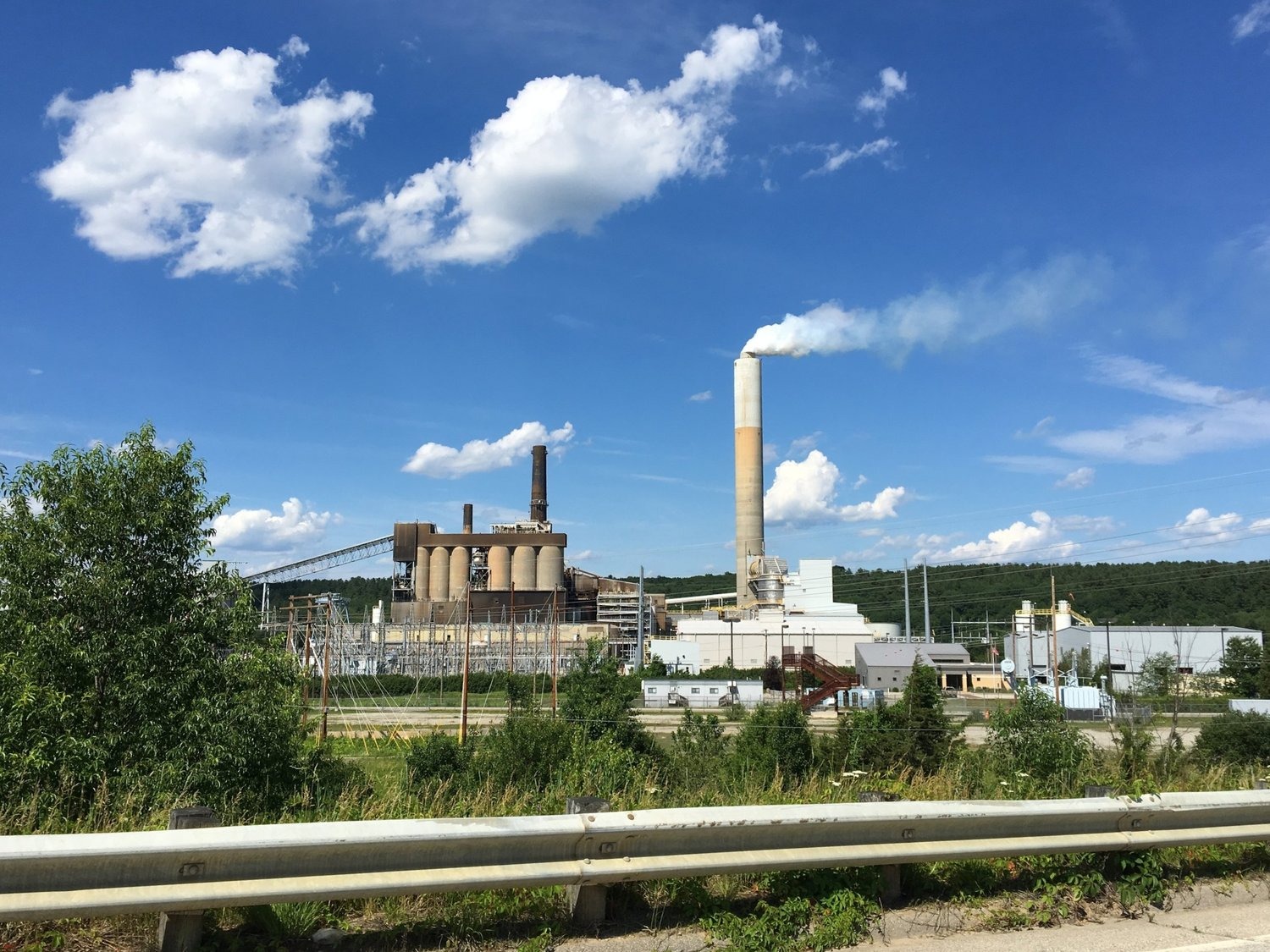The UK government‘s decision to support the development of new gas-fired power plants has sparked criticism from environmentalists and opposition groups.
Critics argue that this move would increase the country’s dependence on fossil fuels and undermine efforts to cut carbon emissions and achieve net-zero targets.
Prime Minister Boris Johnson defended the decision, stating that the new gas stations are necessary to mitigate the risk of blackouts. However, environmentalists have raised concerns about the potential environmental impact, as gas-fired power plants are a significant source of greenhouse gas emissions.

New Gas-Fired Power Plants (Credits: Engineering and Technology Magazine)
The government’s support for new gas-fired power plants comes at a time when the UK is facing pressure to accelerate its transition to renewable energy sources.
Critics argue that investing in gas infrastructure could lock the country into a high-carbon trajectory, making it harder to meet its climate goals.

New Gas Power Station (Credits: The Guardian)
Environmental groups have called on the government to prioritize renewable energy and energy efficiency measures instead of investing in new gas infrastructure. They argue that a rapid transition to clean energy is essential to combat climate change and protect the environment.
The debate over the government’s support for new gas-fired power plants highlights the challenges of balancing energy security with environmental sustainability. As the UK works towards its net-zero targets, decisions about energy infrastructure will play a crucial role in shaping the country’s future energy landscape.























